

The trend is apparent. While we were able to gather only bits and pieces about the music component of participating features, it seems to me that we are looking at a decent mix of score stars, with each of them in consolidated fellowships with their director of mutual choice.
Alberto Iglesias and Pedro Almodóvar, Daniel Blumberg and Brady Corbet, Franco Piersanti almost always with Gianni Amelio in his Battleground, Trent Reznor & Atticus Ross with Luca Guadagnino for the third time, and Hildur Guðnadóttir authoring Todd Phillips’ second Joker incarnation, after the first a couple years ago. According to Variety, Joker: Folie à deux promises to be a juke box, with almost fifteen covers of hit songs. And then we have the greatest, Danny Elfman, who wrote the score for Tim Burton’s Beetlejuice Beetlejuice, thirty-six years after the original film. Elfman wrote almost all of Tim Burton’s scores, with the sole exceptions of Ed Wood, Miss Peregrine, and Sweeney Todd. We are also looking forward to a few surprises: promising, growing talents that are taking their first steps into the world of cinema. One is Colapesce, in his second film, Iddu (Sicilian Letters) by Fabio Grassadonia and Antonio Piazza. The other is Tóti Guðnason, Hildur’s brother, who composed the music for Valerio Mastandrea’s film, Feeling Better. Tóti is at his second film, too, with his first being Lamb, an Icelandic film halfway between Kafkian humour and Freudian perturbation.
Pop and rock lovers won’t be left wanting, for they will enjoy another consolidate trend: a documentary on the legendary Beatles concert at Shea Stadium in August 1965, when the Fab Four faced thousands of fans hysterical with joy, and one on another famous New York concert by John Lennon and Yoko Ono at the time they had just moved to the city and were eager for the dust to settle on the end of the Beatles.
Much anticipation – by me, among others – for Maria, on Maria Callas’ last few days. At that point, the soprano had already quit the stage for three years. Her last performance was in Sapporo, ending a troubled Japan tour with Giuseppe Di Stefano. Who knows if in the few days preceding September 16, 1977, at number 36 of Avenue Georges Mandel, Paris, Maria Callas listened to her voice in triumph, the voice that earned her the role that before her, belonged only to the greatest performers of the nineteenth century, like Maria Malibran and Giuditta Pasta: soprano drammatico d’agilità. (Opera enthusiasts will have to forgive me for the oversimplification, but it’s like having Usain Bolt win, at the 2008 Beijing Olympics, the 100 metres, 200 metres, and 10k!) If this is what happened, we can only hope this bit didn’t make it into the film.
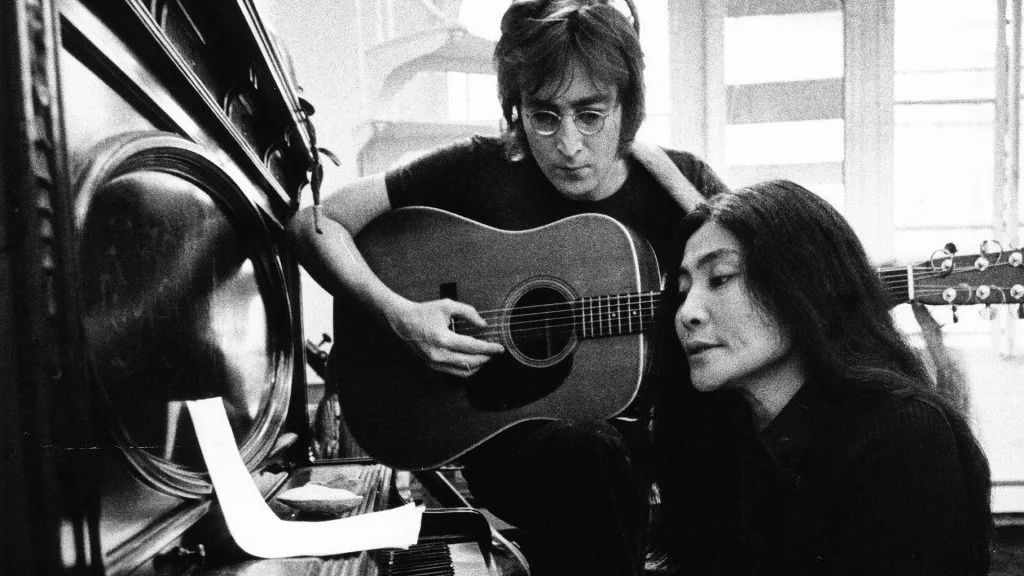
The new documentary by Kevin Macdonald and Sam Rice-Edwards focuses on John Lennon’s final concert after the Beatles’ breakup, held at Madison Square Garden in 1972, with Yoko Ono’s participation. The film offers an intimate look into the life of one of histor...
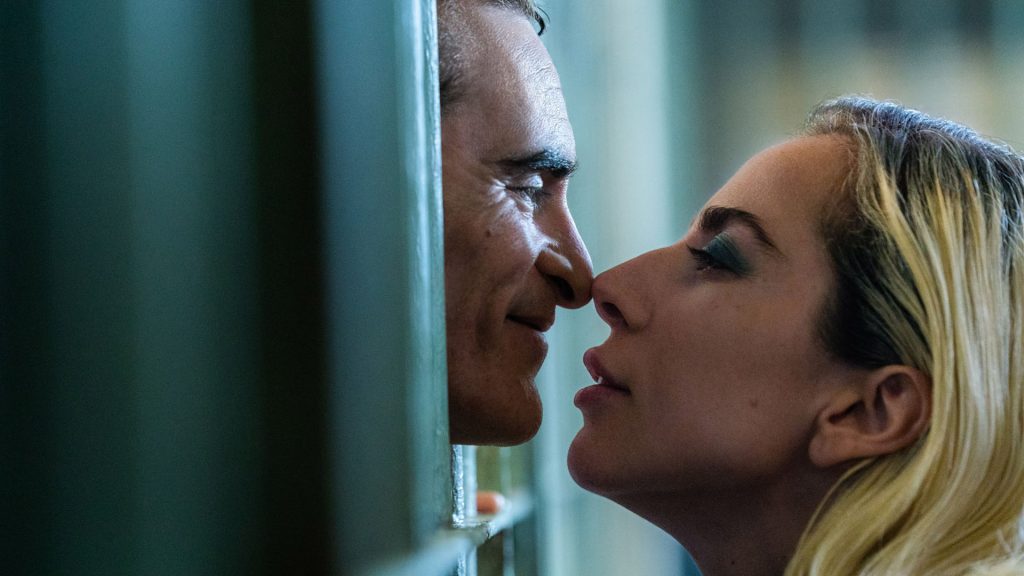
Two years after killing Murray Franklin on live television and riding the wave of a city in full-blown civil war, Arthur Fleck is confined to the Arkham Asylum for the Criminally Insane, still consumed by his delusions. There, he meets the love of his life, Harleen Frances Qui...

The Deetz family returns to the house in Winter River, the setting of the first chapter of the story from 1988. Lydia has become a mother and is dealing with the troubled adolescence of her daughter Astrid. When the girl inadvertently discovers the infamous model of the town i...
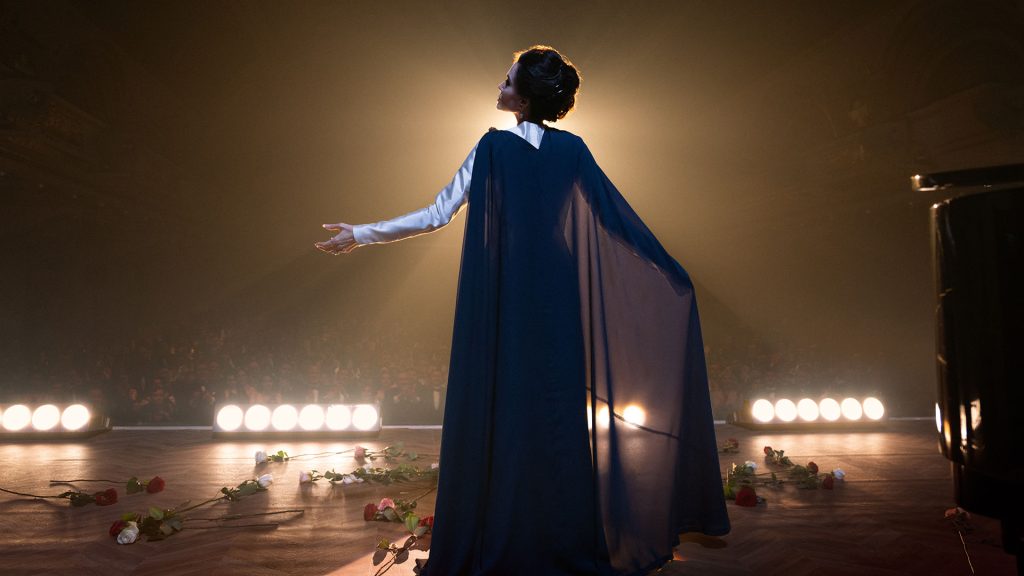
After Jackie (2016), about Jackie Kennedy, and Spencer (2021), dedicated to Princess Diana, the Chilean director returns to the Lido with the final chapter of a trilogy of biopics about women who made history. Angelina Jolie portrays the greatest opera singer...
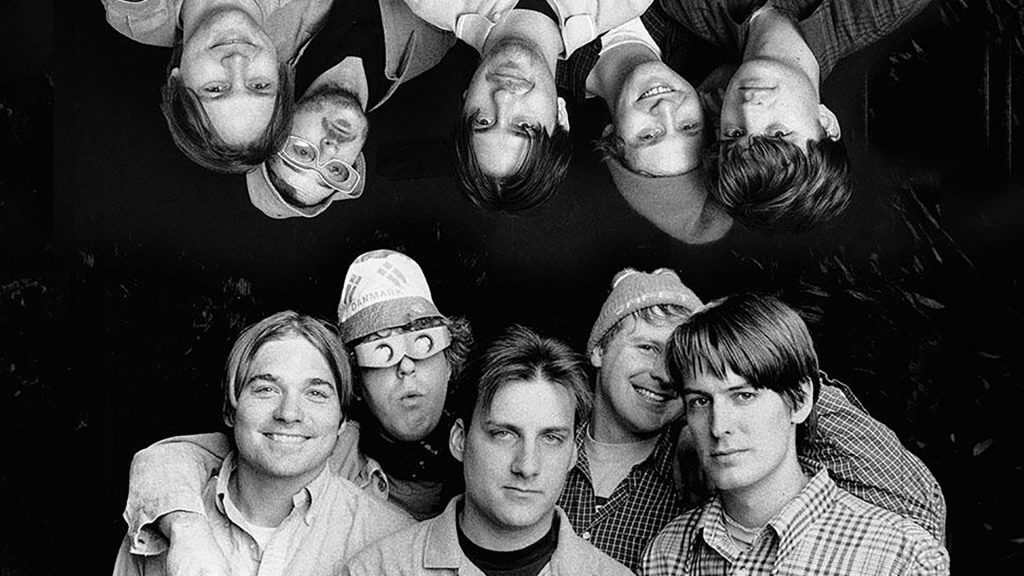
“It is time to ask questions about how stories about musicians are told and sold and for us as the audience to demand more innovation in our biographical portraits.” This statement from Alex Ross Perry suggests that we are about to see a music documentary that breaks away ...

Fleeing a drug raid in New Orleans, Lee finds refuge in a decaying 1940s Mexico City. In what is known as the “crime capital of the world,” Lee navigates increasingly sordid locales populated by society’s outcasts. Enveloped by the coils of addiction, he becomes infatuat...
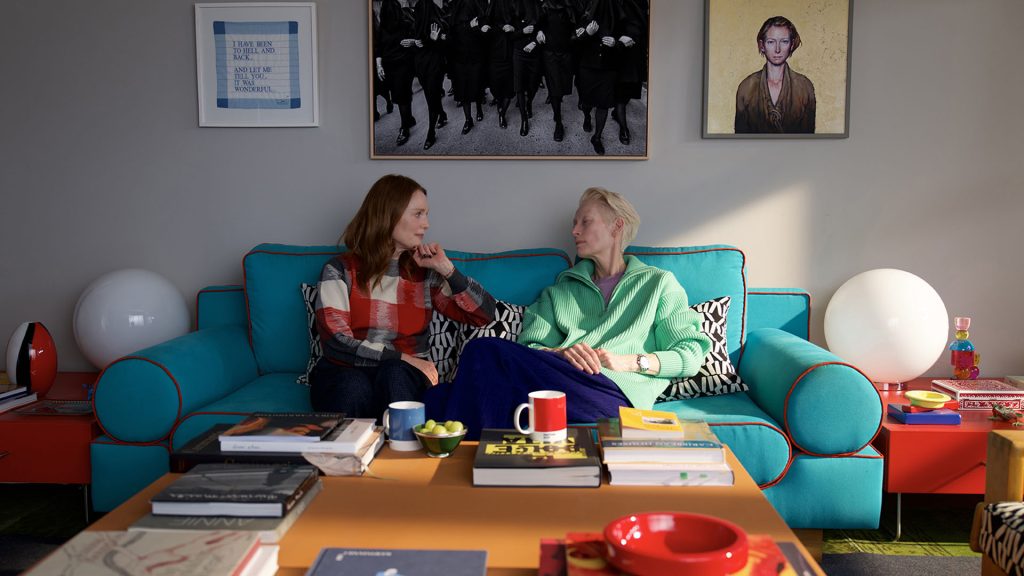
The already strained relationship between Martha (Swinton) and her daughter shatters due to a misunderstanding that will permanently separate the two women. Ingrid (Moore), a bestselling author, witnesses this painful family feud. During a stay in a house surrounded by nature ...

The director of The Childhood of a Leader (2015) and Vox Lux, both presented at the Venice Film Festival, returns to Venice with a new film shot in 70mm, depicting the life of a visionary architect who is resistant to compromise. László Toth, a Hungarian Jew who survived Aus...
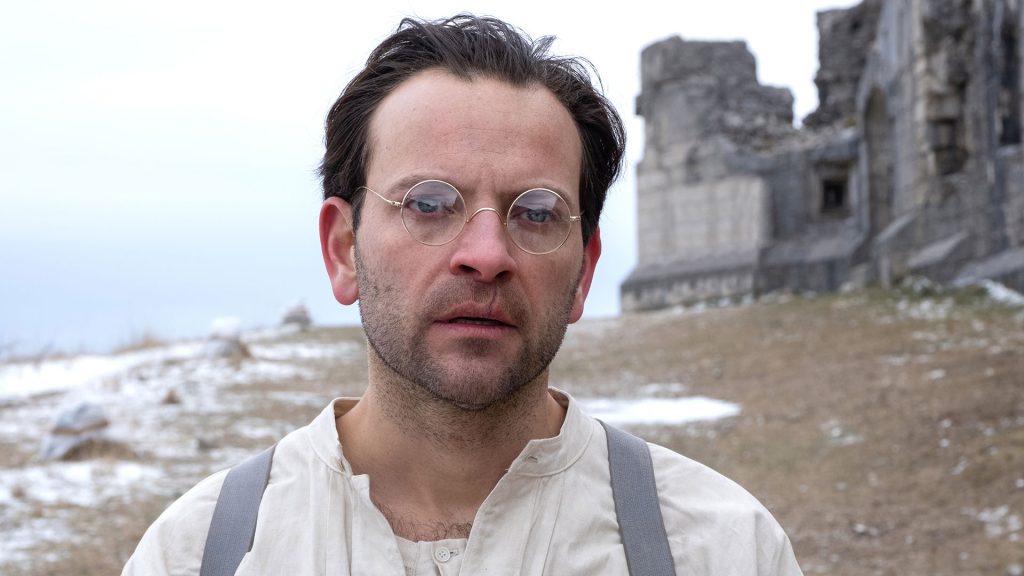
In 1918, at a field hospital near the front lines, Stefano and Giulio work together, bound by fate but divided by opposing views on politics and the duty of a soldier. Their relationship is further complicated by their shared love for Anna, a nurse who supports them through da...
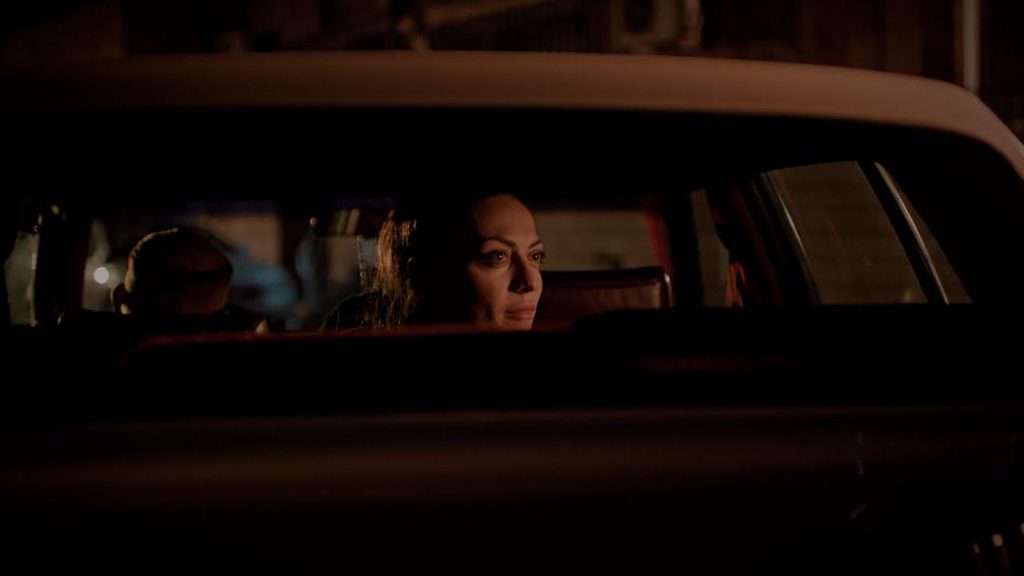
On the tenth anniversary of his birth, the great Armenian filmmaker Sergei Paradjanov is remembered in a docudrama by young director, producer and actress Zara Jian. Despite being opposed throughout his whole life because of his films, which didn’t follow the prec...
And then there’s all the rest, the yet unknown. Dozens of films with no composer, no sound designer, no original songs… though ones that will give us beautiful moments of musical emotion, precious instants when sound and music will be able, if but for a moment, to take the image by the hand and carry it to the place where time and space get blurrier and blurrier…
Is it worth it to say that film music has a somewhat ancillary role? I don’t think so. To end this conversation, let’s play a game: with what we have on hand, and with no access whatsoever to the soundtracks and scores of the Venice Film Festival line-up, let’s compile a playlist of film music that can make us emote, exhilarate, vibe, and lose connection with the logos. Following, is a handful of tracks in no particular order that we will hear at the 81st Venice Film Festival.
from the film La Notte, by Michelangelo Antonioni (Venice Classics).
No music, like this blues torn from the weariness of a night spent living, brings back the cold and sharp atmosphere of a new day that must also be endured: without complicity, without any promises, just like the scene from the film.
Linked to the documentary “I will revenge this world with love – Sergej Paradjanov”, by Zara Jan (Venice Classics), The film is a continuous visual and auditory flow immersed in the symbolism of the Hutsul people of Ukraine, where music, color, and imagery come together to deliver an absolute masterpiece, which is also a total sensory experience of disorientation.
Linked to the film Maria, by Pablo Larrain (Venezia 81 Competition).
The balance, clarity, and passion with which Callas expresses her desire to pass on her knowledge to the young are astonishing.
Linked to the masterclass that Patti Smith will hold at the Lido on August 31st (Isola di Edipo programme).
Medea, Pasolini, Callas, Patti Smith: everything is connected in the epic world of the American artist, who returns to spoken word as in her early days, to her verses that are so striking and so shamelessly simple.
From the film Beetlejuice (1988), by Tim Burton, linked to the film Beetlejuice Beetlejuice (Out of Competition).
A very brief piece but of Stravinskian intensity, which well encapsulates the compositional and tonal genius of the American master.
Connected to the film Sanatorium under the sign of the Hourglass (2024), by the Quay Brothers (Venice Days).
The American twins, the Quay Brothers, famous for their stop-motion animation, always use classical music in their films, which are inspired by a dark world typical of the Eastern European imagination. The film they will present in Venice depicts the journey of a son on a train crossing Galicia to visit his father who is hospitalized in a sanatorium, and it is inspired by the literary world of Bruno Schulz. It is certainly one of the most anticipated moments of this festival…
Connected to the film Pavements, by Alex Ross Perry (Orizzonti).
Per fortuna il film sui Pavement non è il classico e noioso biopic, e nemmeno un rockumentary, ma, a detta del regista, un ibrido tra fiction e realtà, un film multi-strato e forse anche multi-verso che è l’unico modo possibile per avvicinarsi all’alchimia unica che fece dei Pavement il gruppo prediletto della Generation X più introversa e sfigata…